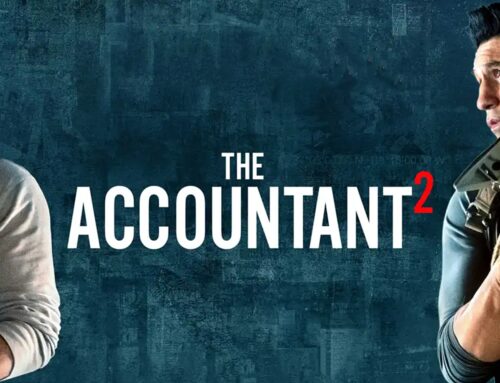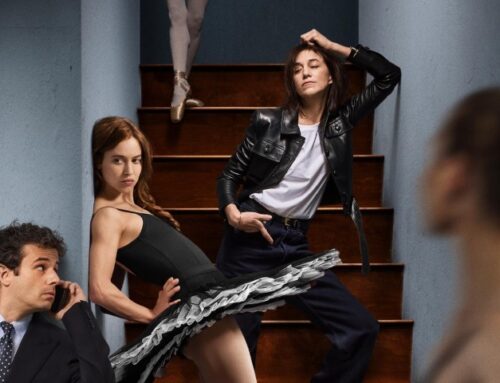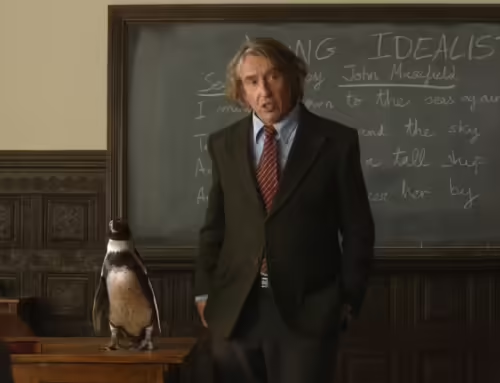The film hits you like a slap in the face. WHIPLASH is not just the name of Hank Levy’s eccentrically metered jazz tune, but it describes the dangerous dynamic between a young drummer Andrew (Miles Teller) and his bullying instructor Fletcher (J.K. Simmons) at an exclusive music conservatory. Andrew takes a licking and keeps on ticking in one of the most emotionally violent movies ever made about the birthing of a musical artist. The movie by writer/director Damien Chazelle grabs you, pounds you into submission, and leaves you strapped to the edge of your seat, right up to the last few seconds– and beyond. We are whipsawed back and forth in an epic contest of wills between master and student. Along the way there are brutal pummelings– verbal and physical, bloodied fists, tales of suicide, and near decapitation–by cymbal– of Charlie “Bird” Parker, and one car wreck. The film had me by the throat, and I couldn’t stop thinking about it. Is this really about artistry or something much more adolescent and primitive– one man’s power over another?
The story line is deliberately, intensely claustrophobic, shot in the depths of catacomb-like rehearsal rooms and shadowy backstage corridors; it’s almost unrelievedly plotted but for Paul Reiser as Andrew’s well-meaning but hapless single parent, and one forlorn girlfriend, Nicole (Melissa Benoist) left by the wayside as our hero discards her on his way to becoming “one of the greats.” What talent Andrew has (and Miles Teller does an excellent job of performing some of the film’s requisite drumming and acting the rest) attracts the attention of the daunting Fletcher. Fletcher believes the key to achieving greatness lies in pushing people “beyond what is expected of them.” On their first day of rehearsal, the teacher initially sucks in the motherless drummer with the nurturing advice to “relax” and “have fun.” Then he demolishes him in a humiliating barrage of crudely florid ethnic, sexist, homophobic, and bestial slurs. He insults one student for being a Jew, another for being gay, and Miles for weeping like a 9- year-old girl, after which he threatens to “f— him like a pig,” all because he didn’t keep proper time. Presumably, Fletcher subjects everyone to this treatment, but it’s hard to imagine the young black musicians under his tutelage putting up with a degrading racist verbal onslaught– and we never see it. The film chooses its targets carefully.
Fletcher justifies his tactics by going on the offensive, calmly explaining there are no two words in the English language more harmful than “Good Job.” We know who he’s talking about–all those helicopter parents and teachers handing out trophies to any kid who’s breathing, each one a winner, a star! The film is certainly a backlash against the spineless PC among us who just might have a breakdown upon viewing; even the dragon moms in our midst might faint. But is Fletcher’s approach just as nauseating, dopey, and destructive? Could this teacher exist in the real world? Should he? Would this behavior be tolerated, or even legal, anywhere outside basic training in the military? And would a true artist need such abuse to flourish? Does humiliation unlock genius?
And what of the music itself? I remember watching Buddy Rich– whom Andrew idolizes– and his dazzling hyper-kinetic drumming on Johnny Carson’s “The Tonight Show.” But was he an artistic visionary or merely a supreme technician with mad skills? And doesn’t Rich represent the apex of “middle”brow big band jazz–rather than the risky genius of boundary-pushing jazz visionaries like Ornette, Miles, and the aforementioned “Bird?” What does Andrew achieve in the film’s last few moments– genius? Or did he simply “outsweat” his mentor and just learn to keep really good time?
When all is said and done, I had to give it to the film for its intense, dramatic rush and focus, and certainly the dazzling, in-your-face performances of its leads. But truthfully, it left me more emotionally aroused rather than intellectually inspired. Hanging onto this “Caravan” left me whiplashed between guilt & pleasure–and I’m still sore.






Leave A Comment
You must be logged in to post a comment.